Exploring Research on Alzheimer’s Disease and other Types of Dementia
Subscribe:
Apple Podcasts | Google Podcasts | Spotify
or wherever you listen to podcasts.
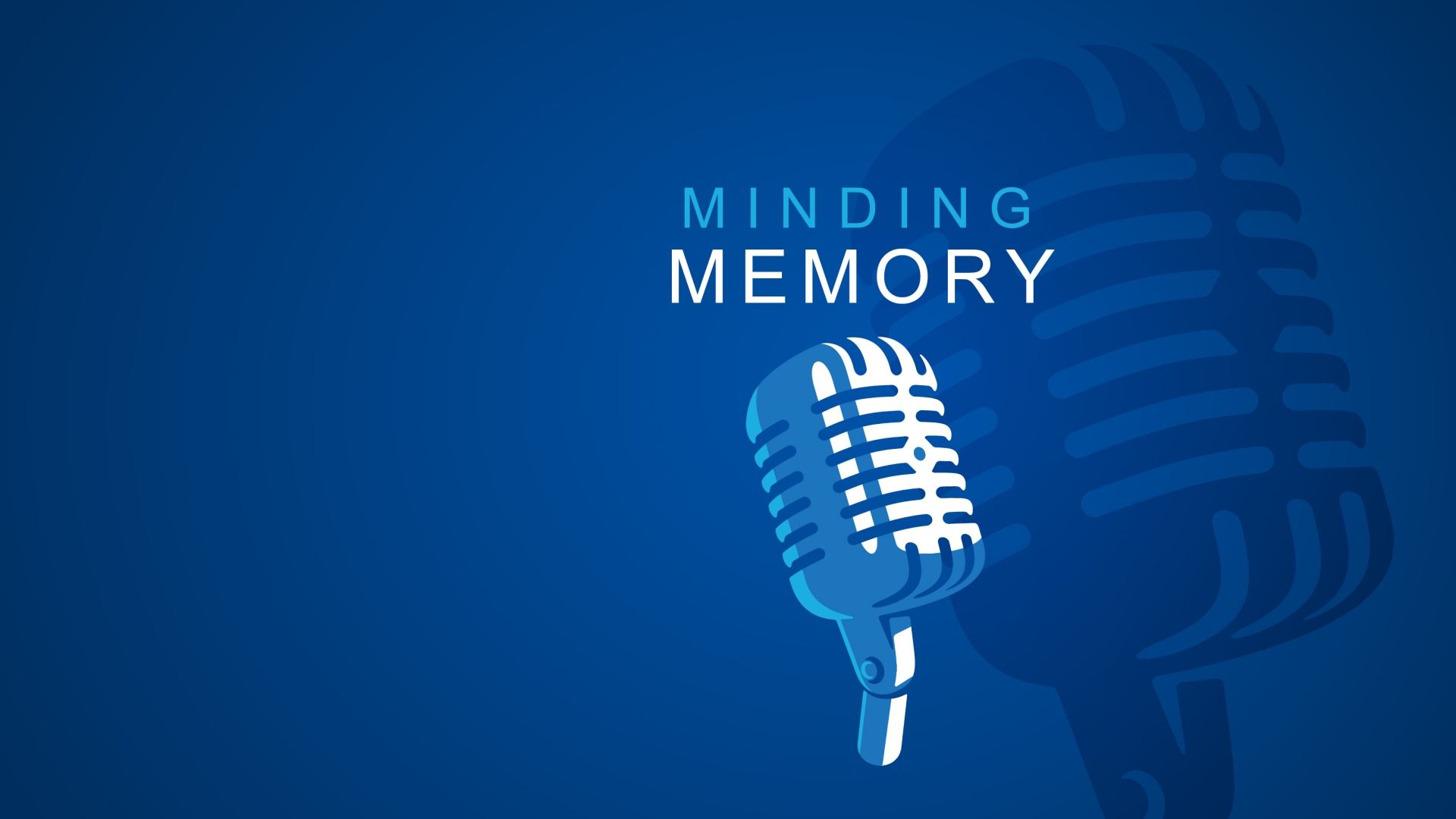
Welcome to Minding Memory. In this podcast we discuss topics related to dementia research. This is an all-hands-on-deck moment for dementia research, and we have topics for both those new to the space as well as old pros. We start with some basics, like: What exactly is dementia? What are the different types of dementia? What is the TICS, if not a swarm of blood-sucking insects? But we also invite researchers on to discuss their interesting work to give you a glimpse at the questions, data, and methods moving the field forward.
Michigan Medicine is the academic medical center for the University of Michigan. The Minding Memory podcast is part of the Michigan Medicine Podcast Network. You can subscribe to Minding Memory on Apple Podcasts, Google Podcasts, Spotify or wherever you listen to podcasts.






The Michigan Medicine Podcast Network brings together a range of podcasts covering everything from health and wellness news and innovative research to how the field of medical education is changing.

Health Lab Podcast is your destination for news and stories about the future of healthcare.
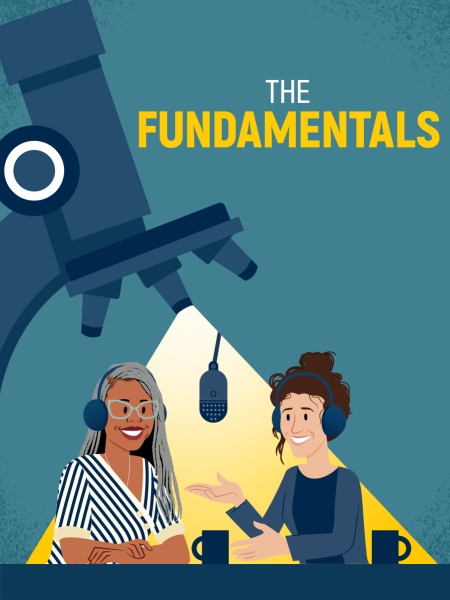
Welcome to The Fundamentals, a podcast where we explore biomedical research here at Michigan Medicine–and meet the scientists behind it.

The Michigan Medicine Podcast Network brings together a range of podcasts covering everything from health and wellness news and innovative research to how the field of medical education is changing.
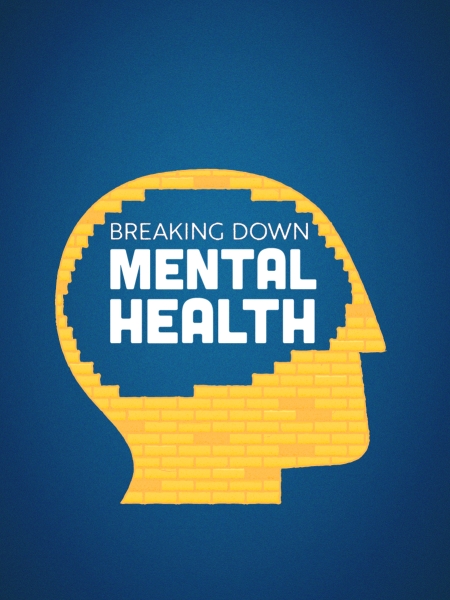
Breaking Down Mental Health focuses on educating medical professionals about various mental health topics.
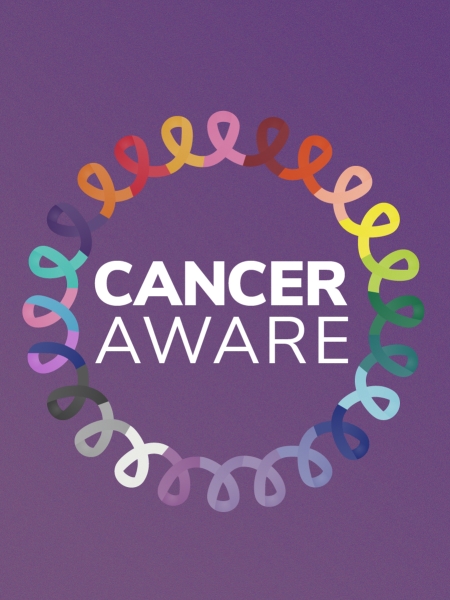
Knowing and understanding your cancer risk is important. Whether it’s prevention, treatment options, the latest discoveries or news, we’ll help you get Cancer Aware.

Welcome to “Michigan Medicine Presents,” a wide-ranging exploration into topics spanning the field of medicine.
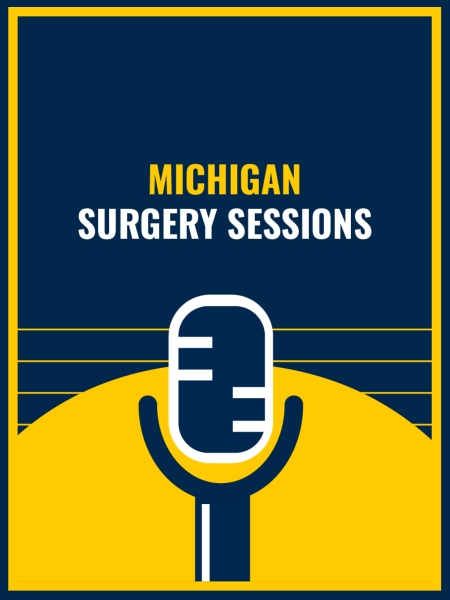
Join hosts from the Michigan Medicine Department of Surgery as they bring you stories about the latest in surgical clinical care, education and more with faculty, residents and medical students.
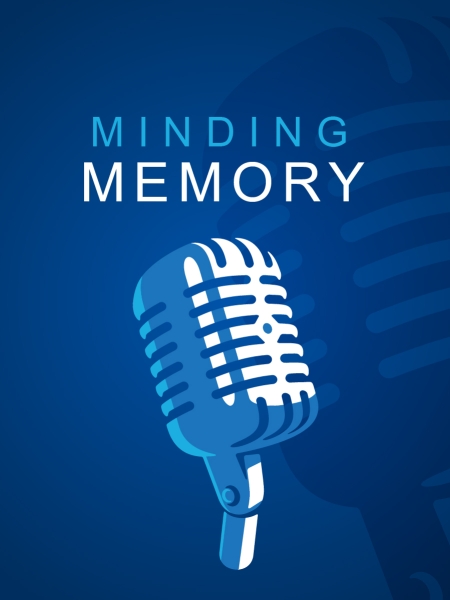
In this podcast we discuss topics related to dementia research. This is an all-hands-on-deck moment for dementia research, and we have topics for both those new to the space as well as old pros.